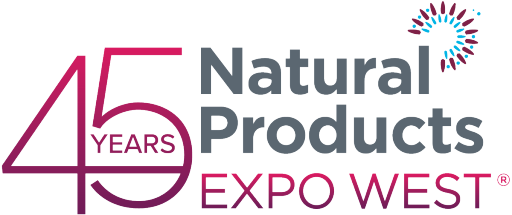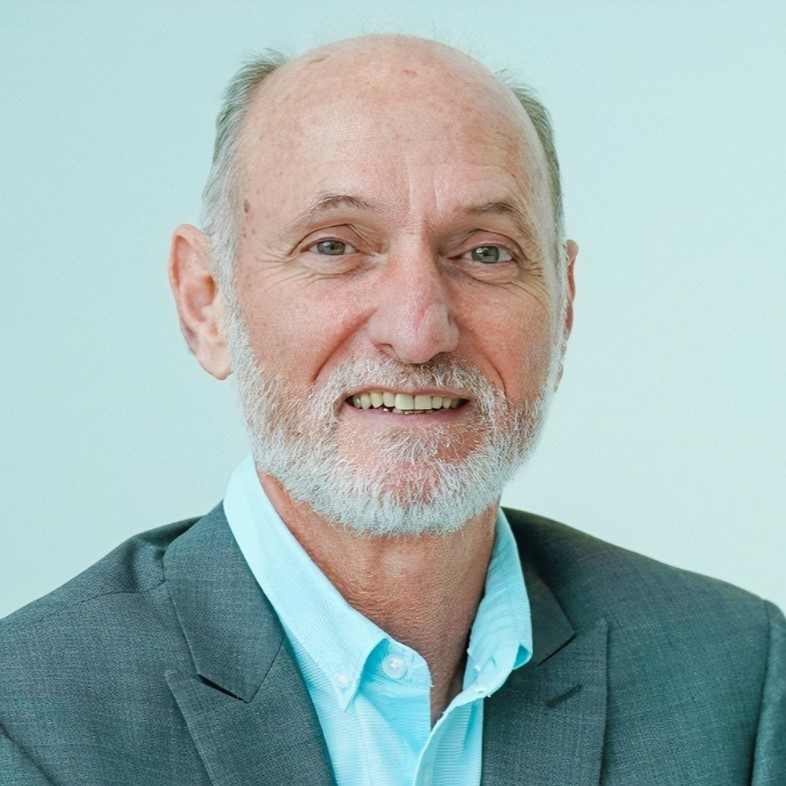Radicle Science is thrilled to welcome our November Trailblazer, Michael McGuffin, president of the American Herbal Products Association since 1999. He leads the association in promoting responsible and sustainable herbal commerce, ensuring consumers informed access to safe products. McGuffin also serves on the boards of the American Herbal Pharmacopoeia and United Plant Savers and the advisory boards of the USC School of Pharmacy Regulatory Science Master’s Program and the Appalachian Beginning Forest Farmers Coalition. An industry veteran since 1974, McGuffin has led legislative and regulatory advocacy that has shaped the herbal and natural products industry for decades.
Dive into our Trailblazer’s response as he addresses misconceptions about the dietary supplement industry, authentic customer engagement, and unexpected sources of inspiration fueling passion and trust in the field.
What are the most common misconceptions people have about our industry, and how would you debunk them?
Most people in this industry are familiar with the recurrent, exaggerated claim that dietary supplements are essentially “unregulated,” which is categorically false. Lawful manufacturers and marketers of dietary supplements must comply with numerous federal and state requirements that govern how the industry must formulate, manufacture, label, promote, distribute, and retail these products. Furthermore, based on data from the U.S. Food & Drug Administration (FDA) on recalls as well as mandatory serious adverse event reports—submitted in accordance with requirements we as an industry supported as a component of the responsible regulation of our product category—dietary supplements are arguably the safest class of goods regulated by the FDA.
Too often, the noise from “bad actors” who market illegal drugs masquerading as dietary supplements drowns out the good work our industry has done to protect consumer access to safe, high-quality products. Our family members, friends, and neighbors have long enjoyed the impact of these products on their personal health, with nearly three-fourths of U.S. adults taking dietary supplements today. The data we have on product safety and dietary supplement users speak for themselves, should cynics be open to listening.
What do you think is the key to building authentic customer engagement and long-term trust?
Personal health is personal, and knowledge is power. There is simply no denying that there is a strong and consistently growing demand for dietary supplements and natural products from those looking to support their personal health. These individuals stand to make the best decisions for themselves with access to as much up-to-date scientific information on these products and their ingredients as is available. As it stands, there are regulatory relics of the pre-internet economy that prohibit companies from disseminating certain truthful and not misleading information about dietary supplements and dietary ingredients to the public. These barriers are overdue for modernization to enable industry to better inform and educate consumers, which would in turn help strengthen long-term consumer trust in the category.
What’s the most unexpected source of inspiration you’ve found outside of our industry, and how has it influenced your work?
I am a lover of plants at heart. From the days I spent scouring the woods of Kentucky for sassafras to make root beer in my youth, to my cofounding a groovy little produce shop on the Venice Boardwalk in my young adulthood, to my tending to the many fruits, vegetables, and culinary and medicinal herbs I grow in my garden at home and spending weekends volunteering to plant native trees in local neighborhoods today – this is who I am. I was fortunate to find an intersection between my personal interests and what would become my professional arc. My strong belief in the power of plants has fueled my prolific career in the herbal product and dietary supplement industries, in which I have fought not only to protect access to herbal goods but also to defend our right to personal health freedom.


